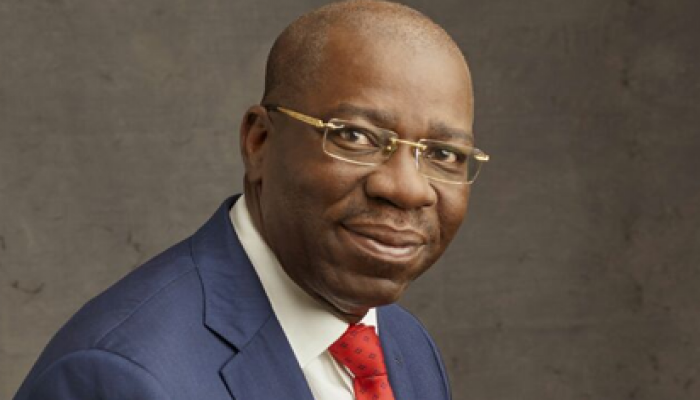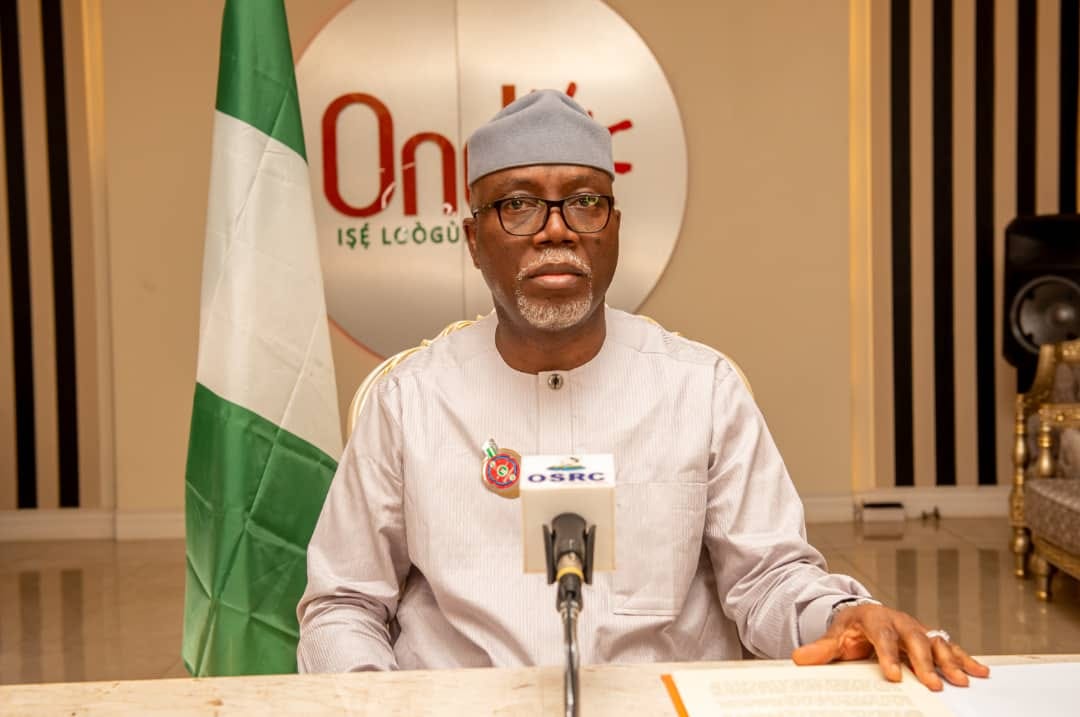President Bola Tinubu has formally asked the Nigerian Senate to confirm the appointments of seven nominees for ministerial positions.
In a letter read by Senate President Godswill Akpabio during Thursday’s plenary, Tinubu called on the red chamber to consider and approve the nominees for various ministerial roles.
The nominees are expected to face Senate screening during next week’s plenary session.
Akpabio referred the list to the Committee of the Whole for further legislative consideration.
Among the nominees are Dr. Nentawe Yilwatda, slated for Humanitarian Affairs and Poverty Reduction, and Muhammadu Dingyadi, named as the Minister for Labour and Employment.
Bianca Odumegwu-Ojukwu, former Ambassador to Spain and widow of the late Dim Emeka Odumegwu-Ojukwu, was nominated for the position of Minister of State for Foreign Affairs.
Other appointees include Dr. Jumoke Oduwole (Industry, Trade and Investment), Idi Mukhtar Maiha (Livestock Development), Yusuf Ata (State, Housing and Urban Development), and Dr. Suwaiba Ahmad (State Education).
Odumegwu-Ojukwu is not a member of the ruling All Progressives Congress (APC). She is a prominent figure in the All Progressives Grand Alliance (APGA).
Recall that the President sacked five of his ministers including Barr. Uju-Ken Ohanenye, Minister of Women Affairs; Lola Ade-John, Minister of Tourism; Prof Tahir Mamman SAN OON, Minister of Education; Abdullahi Muhammad Gwarzo, Minister of State, Housing and Urban Development; and Dr. Jamila Bio Ibrahim, Minister of Youth Development.
The President also reassigned some of the existing members of his cabinet to different ministries.
The newly reassigned ministers are: Hon Dr. Yusuf Tanko Sununu, Dr. Morufu Olatunji Alausa, Barr. Bello Muhammad Goronyo and Hon. Abubakar Eshiokpekha Momo.
Others are Uba Maigari Ahmadu, Dr. Doris Uzoka-Anite, Sen. John Owan Enoh, Imaan Sulaiman-Ibrahim, Ayodele Olawande, and Dr. Salako Iziaq Adekunle Adeboye.
The affected ministries are: Humanitarian Affairs and Poverty Reduction, Minister of Education, Minister of State Works, Minister of Regional Development, Minister of State Regional Development, Minister of State Finance, Minister of State Trade and Investment [Industry], Minister of Women Affairs, Minister for Youth Development and Minister of State Health.
Tanko Sununu was moved as the Minister of State, Education to become the Minister of State for Humanitarian Affairs and Poverty Reduction.
Alausa, who is the Minister of State for Health will become the Minister of Education.
Goronyo who is the Minister of State, Water Resources and Sanitation will become the Minister of State for Works.
Momoh, the Minister of Niger Delta Development will become the Minister of Regional Development.
Ahmadu, the Minister of State Steel Development will become the Minister of State, Regional Development.
Uzoka-Anite, the Minister of Industry, Trade and Investment, will become the Minister of State for Finance.
Enoh, the Minister of Sports Development, will become the Minister of State Trade and Investment [Industry].
Sulaiman-Ibrahim, the Minister of State, Police Affairs will become the Minister of Women Affairs.
Olawande, the Minister of State for Youth Development, will become the Minister of Youth Development while Adeboye, Minister of State, Environment, will become the Minister of State, Health.


 Education4 weeks ago
Education4 weeks ago


 News3 weeks ago
News3 weeks ago


 Business3 weeks ago
Business3 weeks ago


 Technology3 weeks ago
Technology3 weeks ago


 Investment4 weeks ago
Investment4 weeks ago
 Investment3 weeks ago
Investment3 weeks ago
 Telecommunications4 weeks ago
Telecommunications4 weeks ago


 Banking Sector3 weeks ago
Banking Sector3 weeks ago

















